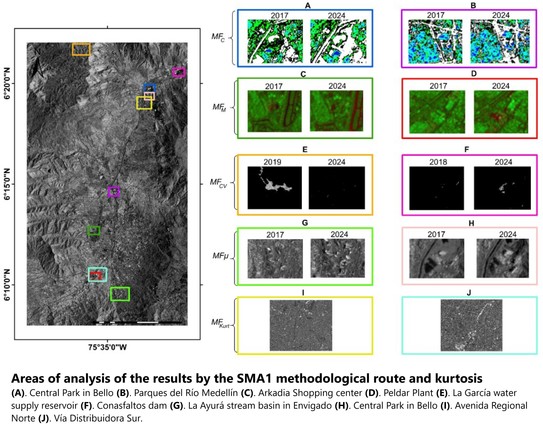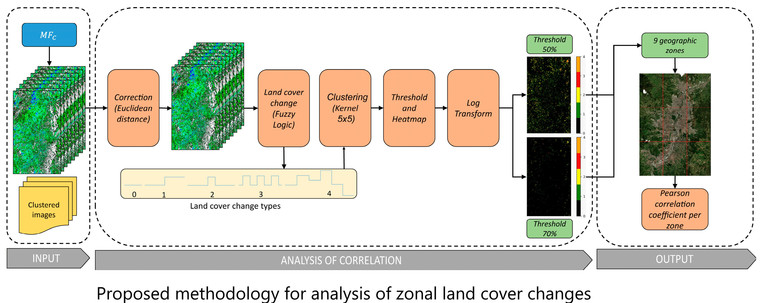Sockpuppet: Blog: Vinyl releases https://sockpuppet.band/blog/1031-Vinyl-releases #Distribution #Transitions #Refactor #Vinyl #Blog
Recent searches
Search options
#distribution
“Elon Musk said on Friday (Saturday AEDT) that his #xAI has acquired X, the social media app formerly known as #Twitter, in an all-stock transaction for $US45 billion ($71.5 billion), including debt.
xAI and X’s futures are intertwined. Today, we officially take the step to combine the #data, #models, #compute, #distribution and #talent,” #Musk said in a post on X, adding that the combined company would be valued at $US80 billion.”
#business / #acquisitions / #CreativeAccounting <https://archive.md/in6TN> / <https://www.afr.com/technology/musk-s-xai-buys-social-media-platform-x-for-71-5b-20250329-p5lnh9> (paywall)
elementaryOS 8.0.1 – mehr als ein Bugfix-Release - LinuxCommunity

Friggin' #pewdiepie using #linux in 2025 for his new #gaming machine is a turning point to be sure.
Gentle people. It is time to stab at the heart of the beast. Warm up your USB keys, flash it with whatever friendly Linux #distribution you've got, put on your best sales schpiel and help your friends transition to a free system.
We are collectively lowering #Microsoft into it's grave this year.
A Methodology For The Multitemporal Analysis Of Land Cover Changes And Urban Expansion Using Synthetic Aperture Radar (SAR) Imagery - A Case Study Of The Aburrá Valley In Colombia
--
https://doi.org/10.3390/rs17030554 <-- shared paper
--
#GIS #spatial #mapping #SyntheticApertureRadar #SAR #remotesensing #multitemporalanalysis #landcover #landcoverchange #clustering #kurtosis #fuzzylogic #kernelbasedmethod #machinelearning #spatialanalysis #spatiotemporal #geostatistics #model #modeling #AburráValley #Columbia #urban #urbanexpansion #population #growth #topography #monitoring #satellite #sentinel #valley #landuse #distribution #infrastructure #building #roads #naturalresources #environmental #conservation #monitoring #multitemporal
Free chicken, eggs distributed in Andhra Pradesh’s Guntur https://www.diningandcooking.com/1916947/free-chicken-eggs-distributed-in-andhra-pradeshs-guntur/ #Cooking #CookingTopics #distribution #Egg #FreeChicken #Guntur
To create your own image cache, there are lots of options:
- The #distribution project is minimal but extendable. https://distribution.github.io/distribution/
- #Harbor has a lot of functionality for larger orgs: https://goharbor.io/
- #Zot is an alternative to Harbor: https://zotregistry.dev/
- #Artifactory and #Nexus each include a container registry option.
Which distro will you try this year? Comment
https://anonsys.net/display/bf69967c-5067-b2d3-740c-e9b173714662
This short piece written two years ago speaks to the sentiment you are expressing.
How did I not hear about #faircamp before?
I'll start testing this week, but this is probably where my next release will land.
I'm also looking at #subvertfm really closely for a later project.
Glad to see solid alternatives to Bandcamp emerge.
@subvertworld @freebliss
@tomosaigon I know this isn't in the true spirit of #federation, but I believe for the sake of newcomers that there should be a 'default' instance of #Mastodon, just as there should be a 'default' #distribution of #Linux. When people try or move to Mastodon/Linux for the first time, that's what they use. It's designed to be simple, easy, etc. Then, after they get to know the ropes, they can decide if/where they want to move to themselves.
Regional Food Bank’s final efforts before Thanksgiving food drive https://www.diningandcooking.com/1869438/regional-food-banks-final-efforts-before-thanksgiving-food-drive/ #albany #before #distribution #efforts #Final #foodbank #LocalNews #meal #NewYork #news #regional #thanksgiving #ThanksgivingAppetizes #ThanksgivingDesserts #ThanksgivingFood #ThanksgivingRecipes #ThanksgivingSides #TopStories
viel einfacher. Nun wollte ich mir das #flathub #Repository zusätzlich einbinden. Das sollte angeblich über das Paket der 3rd Party repositories gehen. Die habe ich installiert. Flathub ist nicht dabei.
Jetzt müsste ich also wieder anfangen manuell rumzufummeln um es einzubinden. Und dann wahrscheinlich auch wieder um es aktuell zu halten.
Das ist doch Scheiße. Also werde ich mir wohl eine andere #Linux #Distribution suchen müssen und nochmal von vorne anfangen.
Keinen Bock drauf (2/2)
TUXEDO OS: "(...) probably one of the best Ubuntu-plus-KDE distros."
@thelinuxEXP uses our TUXEDO OS distribution on his TUXEDO devices, but highlights that it can be installed & used on other hardware as well.
Grand Tokaj set for C&C distribution https://www.diningandcooking.com/1829656/grand-tokaj-set-for-cc-distribution/ ##cc #Bibendum #distribution #GrandTokaj #Tokaji #Wine
Group gives back to community by canning chicken with mobile meat canner https://www.diningandcooking.com/1824619/group-gives-back-to-community-by-canning-chicken-with-mobile-meat-canner/ #canning #Chicken #community #Cooking #CookingTopics #distribution #Faith #MennoniteCentralCommittee #MobileMeatCanner #volunteers
Today at work, I created a piece of code that should #partition a stream of data entities based on some string keys of unknown format. The only requirements were that the same key must always be assigned to the same partition and the distribution should be approximately uniform (IOW all partitions should have roughly the same size). My approach was to apply a non-cryptographic #hash function to the keys (defaulting to #xxhash3), XOR-fold the hash down to 32 bits and then take this as an unsigned integer modulo the desired number of partitions.
I normally only code my private projects (as a software architect, I rarely have the time to touch any code at work, unfortunately), and there, I'd certainly test something like this on some large samples of input data, but probably just once manually.
But for work, I felt this should be done by a #unittest. I also think at least one set of input data should be somehow "random" (while others should contain "patterns"). My issue is with unit-testing the case for "random" input. One test I wrote feeds 16k GUIDs (in string representation) to my partitioner configured for 13 partitions, and checks that the factor between the largest and smallest partitions remains < 2, so, a very relaxed check. Still doubt remains because there's no way to guarantee this test won't go "red" eventually.
I now see several possible options:
- just ignore this because hell freezing is more likely than that test going red ...
- don't even attempt to test the resulting distribution on "random" input
- bite the bullet and write some extra code creating "random" (unicode, random length within some limits) strings from a PRNG which will produce a predictable sequence
What do you think?







